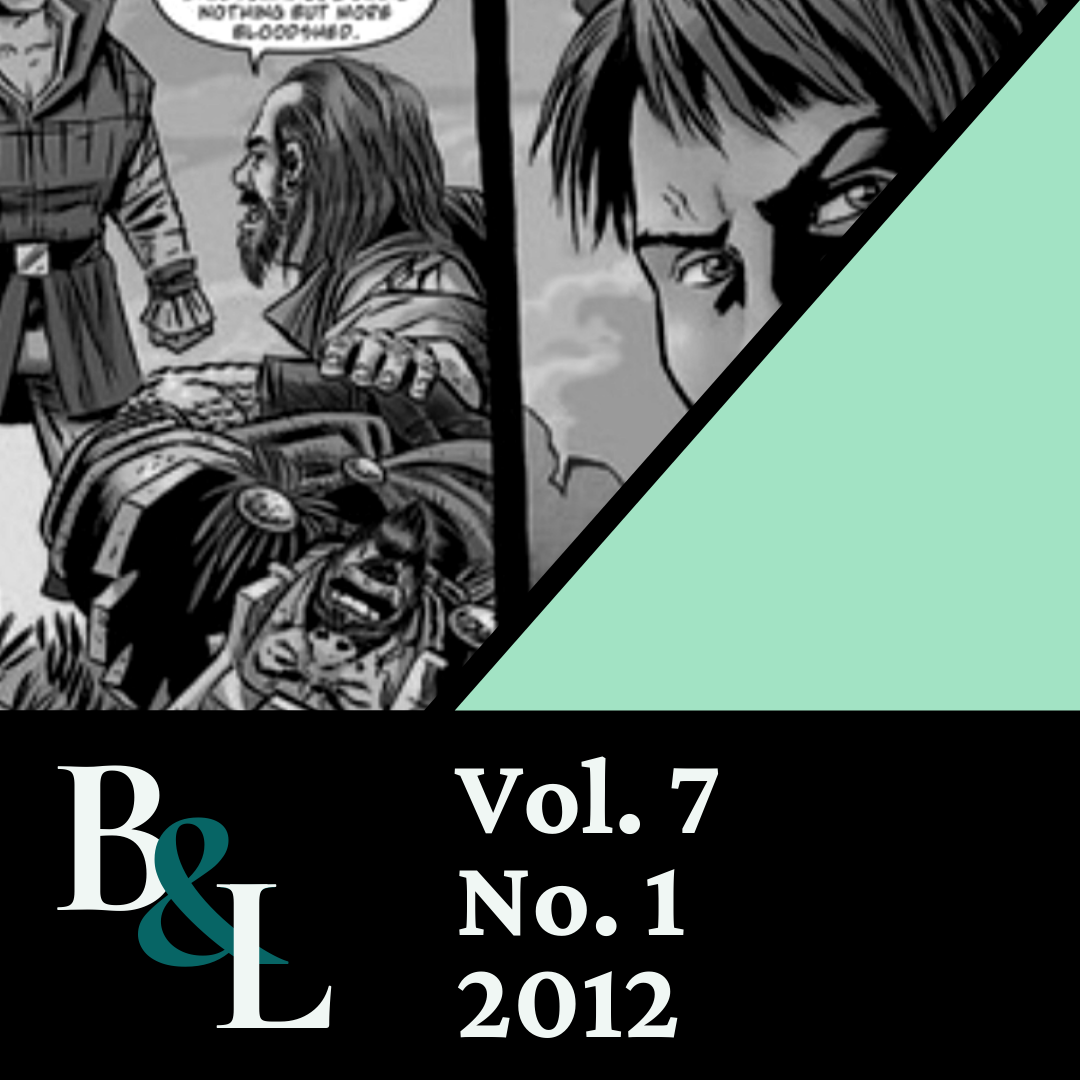Shakespeare, Humanity Indicators, and the Seven Deadly Sins
Keywords:
Macbeth, Dr. Who, HumanitiesAbstract
Given the current obsession in universities with "Humanities Indicators," this article proposes a new measure for Shakespeare studies: "humanity indicators." It traces the possibilities for such measurement of using different senses of "humanity" derived from the OED by examining three different versions of Shakespeare in popular and elite culture: an episode of Doctor Who in which the Doctor meets Shakespeare (The Shakespeare Code, 2007); an opera in which a version of Macbeth is sung by baboons (The Okavango Macbeth, 2009); and the graphic novel by Conor McCreery and Anthony Del Col, Kill Shakespeare (2010-11). Finally, it turns to the implications for Shakespeare studies of the brutal and racist state law in Arizona that has led to the closure of Mexican-American Studies in schools across the state.


